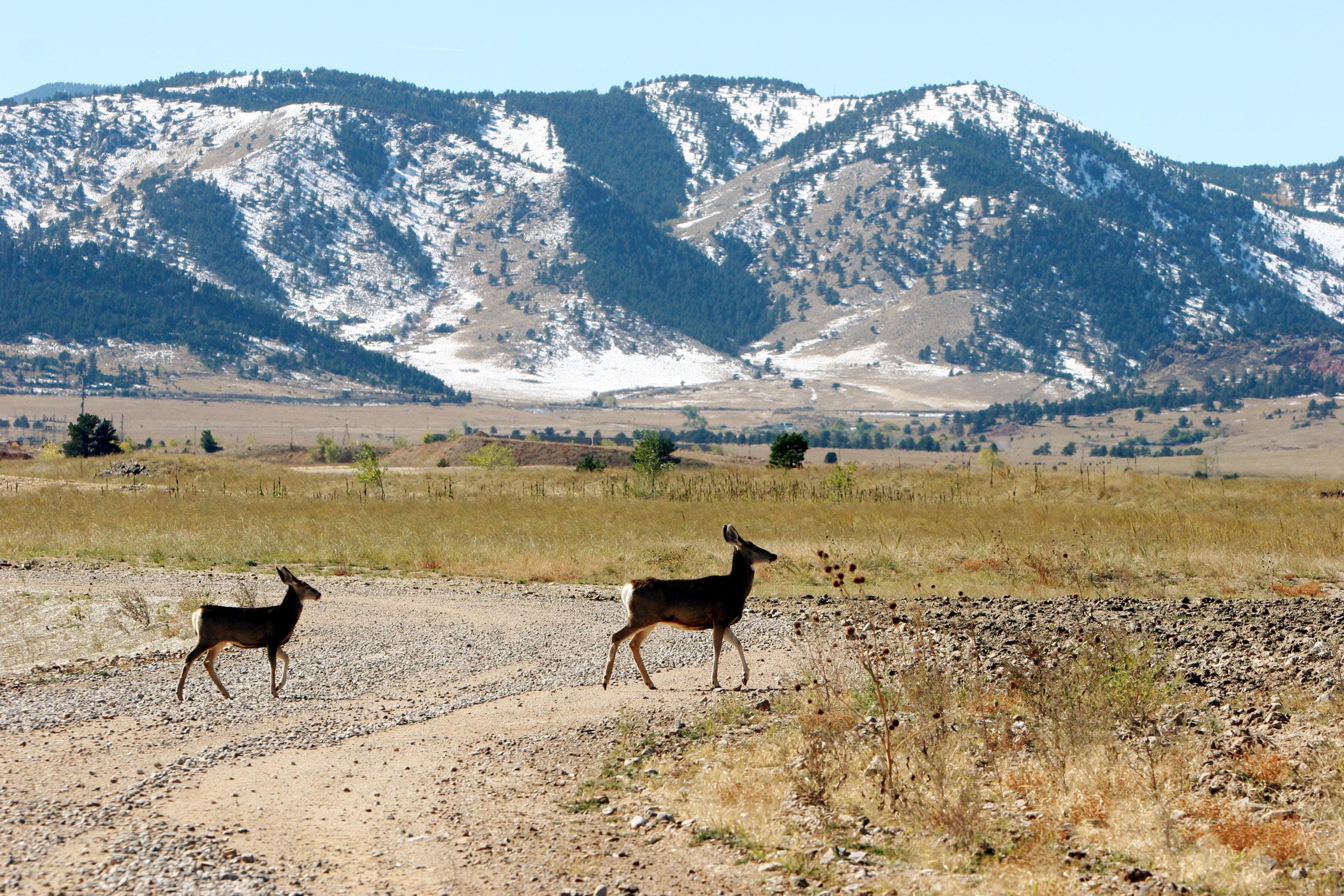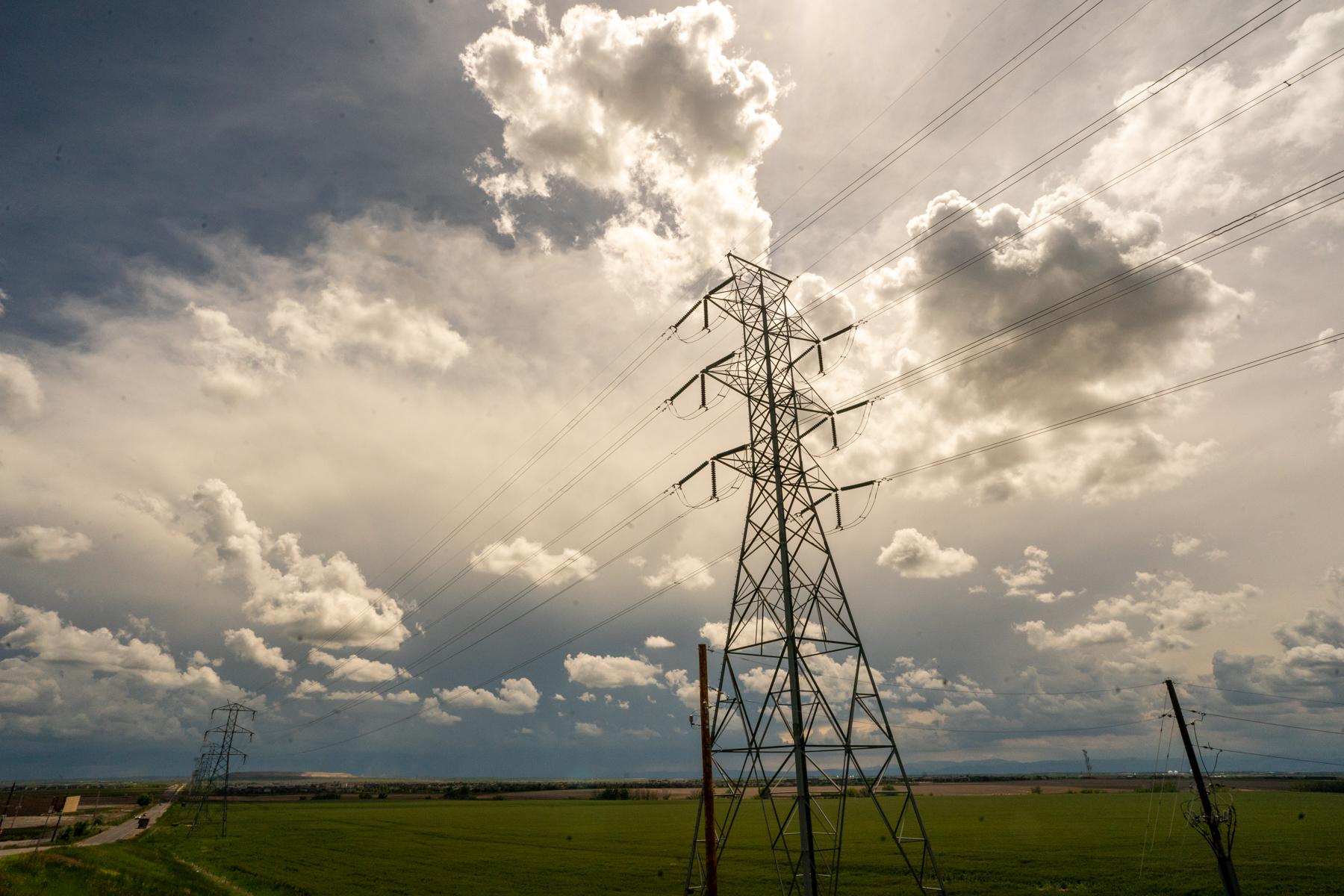

A U.S. official harshly criticized a Colorado health officer who questioned the safety of a former nuclear weapons plant that was converted into a wildlife refuge and expressed doubt about whether the government's assurances about the site could be trusted.
The dispute is part of a decades-long public battle over the operation and cleanup of the site on a grassy plateau outside Denver. The government plans to open hiking trails and visitor facilities this year on the Rocky Flats National Wildlife Refuge, where a plant made plutonium triggers for nuclear weapons for decades.
Environmental and community activists have sued to try to block the plan on safety grounds.
Refuge manager David Lucas chastised Jefferson County health director Mark Johnson in an email obtained by The Associated Press. The email, sent on Lucas' government email account Sunday, came in response to Johnson telling The Denver Post that he was not sure the area was safe despite a $7 billion Superfund cleanup.
Johnson also questioned the trustworthiness of federal officials who say the refuge is safe and expressed doubts about the expertise of state health department officials who helped supervise the cleanup.
Johnson called for an independent assessment of the refuge's safety.
Lucas' email called the comments "reckless and irresponsible" and accused him of misconduct for questioning the credentials of state health officials. Lucas said Johnson should retract his comments and apologize.
Johnson told the AP on Friday that he stands by his statements about site safety but wishes he had expressed his concerns about Colorado officials differently. He confirmed the authenticity of Lucas' email.
In an interview, Lucas defended the email and said he doesn't regret sending it.
"It was a very professional letter," he said. "It explains our position on what occurred. Show me one thing in there that's not (professional)."
Dr. Larry Wolk, head of the Colorado Department of Public Health and Environment, said he stands by the expertise of state officials who worked on the cleanup. Wolk also called Johnson's comments "reckless."
"I don't make that statement lightly," he said Friday.
The U.S. Department of Energy, which operated the plant and oversaw the cleanup, did not immediately respond to an email seeking comment.
The Rocky Flats Plant made plutonium triggers for nuclear weapons from 1952 until 1989, when federal agents raided the facility to investigate safety and environmental violations.
Production never resumed, and the federal government decided in 1993 to close it down and clean it up.
After the cleanup, 8 square miles (21 square kilometers) on the perimeter were turned over to the U.S. Fish and Wildlife Service as a refuge. Another 2 square miles in the interior, where the plutonium was handled, is off-limits and remains under the control of the Energy Department.








